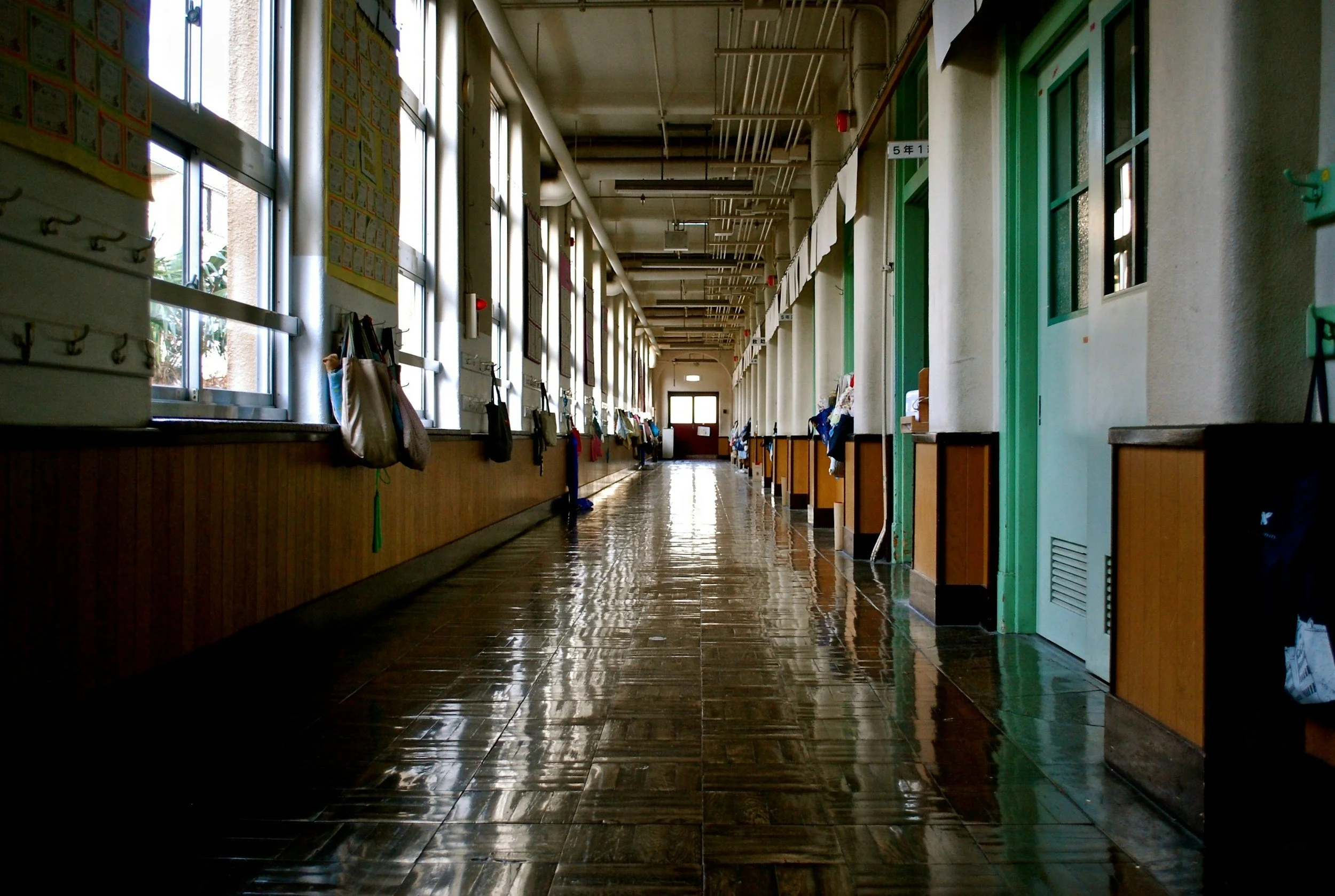Tennessee Charter Schools Face $1,500 Per-Pupil Facilities Funding Gap, Survey Finds
Tennessee’s public charter schools face an estimated $1,500 per-pupil facilities funding gap compared to traditional public schools, according to new data from the Tennessee Charter School Center (TCSC).
The findings, drawn from a 2025 statewide survey of 67 charter schools, underscore ongoing challenges in acquiring, maintaining, and renovating school buildings, obstacles that advocates say can directly impact student learning environments.
While charter schools operate publicly and serve more than 38 thousand Tennessee students, they often do not have the same access to district-owned buildings or dedicated capital funding streams as traditional public schools. As a result, many rely on leasing private or non-district properties, often requiring extensive renovations before becoming student-ready.
“Where students learn matters,” said TCSC CEO Elizabeth Fiveash. “If students don’t have access to high-quality learning environments, academic outcomes will suffer.”
Survey Reveals Ownership Gaps and High Renovation Costs
The TCSC survey found that just under 42 percent of Tennessee charter schools own their facilities, while 39 percent lease from private landlords. A smaller number lease from local education agencies or government entities, or use a combination of ownership and leasing.
Facility upgrades have been costly: among schools able to provide data, half reported spending more than $1 million on renovations since March 2020, and another third spent between $500,000 and $1 million.
Funding and budget constraints topped the list of facility-related challenges, cited by 54.5 percent of respondents. Maintenance and repairs followed at 45.5 percent, while nearly a third said acquiring a permanent facility was a serious hurdle.
State Policy Changes Offer New Support
Recent legislative changes have created new avenues for charter schools to secure and improve facilities:
$20 million in per-pupil facility funding was included in the state budget for 2025, distributed directly to charter schools.
A $5 million Tennessee Equitable Facilities Fund was established to provide revolving loan financing.
A right-of-first-refusal law now allows charter schools to purchase vacant or underused district properties at or below fair market value before they are offered to others.
TCSC is currently developing a distribution and tracking plan for the revolving loan fund and expects the Tennessee Department of Education (TDOE) to release impact reports on the $20 million allocation, like past grant programs.
Fiveash said the most impactful policy change would be increasing the per-pupil allocation in the Tennessee Investment in Student Achievement (TISA) formula from $500 to $1,500. “This would be a foundational change that could immediately address a number of facilities-related concerns,” she said.
Looking Ahead
While the new state funding is a step forward, TCSC notes that gaps remain. Many available buildings require costly renovations, and the flexibility of leasing, while beneficial for some schools, can hinder long-term stability.
Advocates say the right-of-first-refusal policy could help more schools move from leasing to owning, though data on recent transitions is still forthcoming.
For Tennessee’s charter schools, the challenge remains balancing growth and program expansion with the financial realities of securing and maintaining safe, high-quality spaces.


